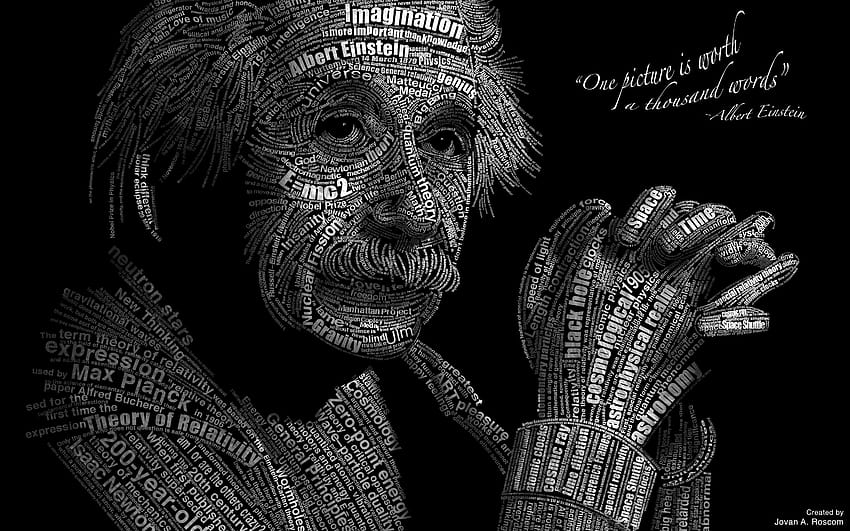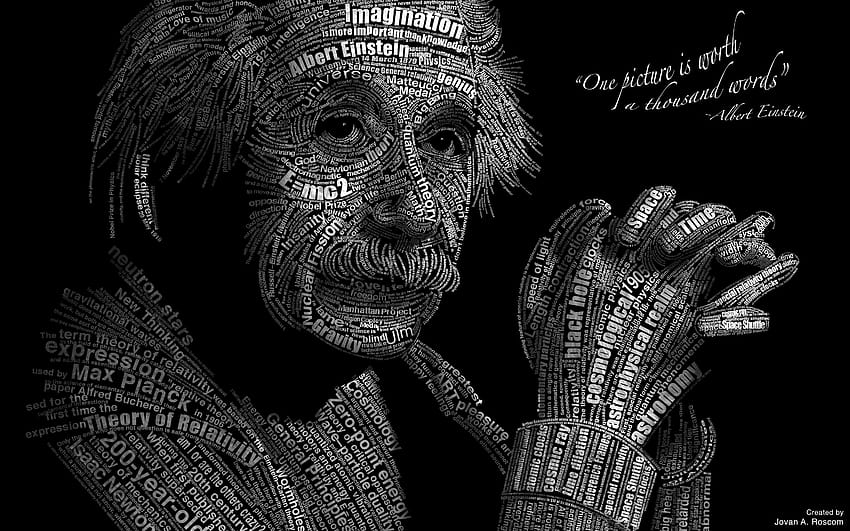**1. Early Influences:**
Jose Martí's formative years in 19th-century Cuba under Spanish rule deeply influenced his commitment to justice and freedom. The injustices, particularly the oppression of the Cuban people and the prevalence of slavery shaped his early worldview.
**2. Exile and Intellectual Development:**
Forced into exile, Martí continued his education in Spain, refining his ideas on Cuban independence. During this time, he emerged as a prominent intellectual, contributing to publications and advocating for Cuba's cause on the global stage.
**3. Literary Contributions and Style:**
Martí's literary works, encompassing poetry, essays, and speeches, showcased a unique blend of romanticism and a profound commitment to social justice. His writing style, exemplified in "Versos Sencillos," made him a significant figure in Latin American literature.
**4. Vision for Cuba:**
Martí envisioned a united, independent Cuba that transcended racial and class divisions. His commitment to social justice extended to advocating for the rights of all Cubans, emphasizing education as a tool for empowerment.
**5. Revolutionary Struggles:**
Organizing a fragmented revolutionary movement posed challenges for Martí. Internal divisions within the independence movement required him to navigate and unite factions, all while seeking international support for Cuba's cause.
**6. Death in Battle:**
Martí's leadership in the Battle of Dos Ríos demonstrated his unwavering commitment to the cause. His personal sacrifice elevated him to a symbol of martyrdom, leaving an indelible mark on Cuban history and the ongoing struggle for independence.
**7. Enduring Legacy:**
Martí's legacy extends beyond his role as a revolutionary leader. His impact on Cuban identity and the pursuit of justice and freedom persists. His writings studied for literary merit and profound ideas, continue to inspire generations, transcending national boundaries.



